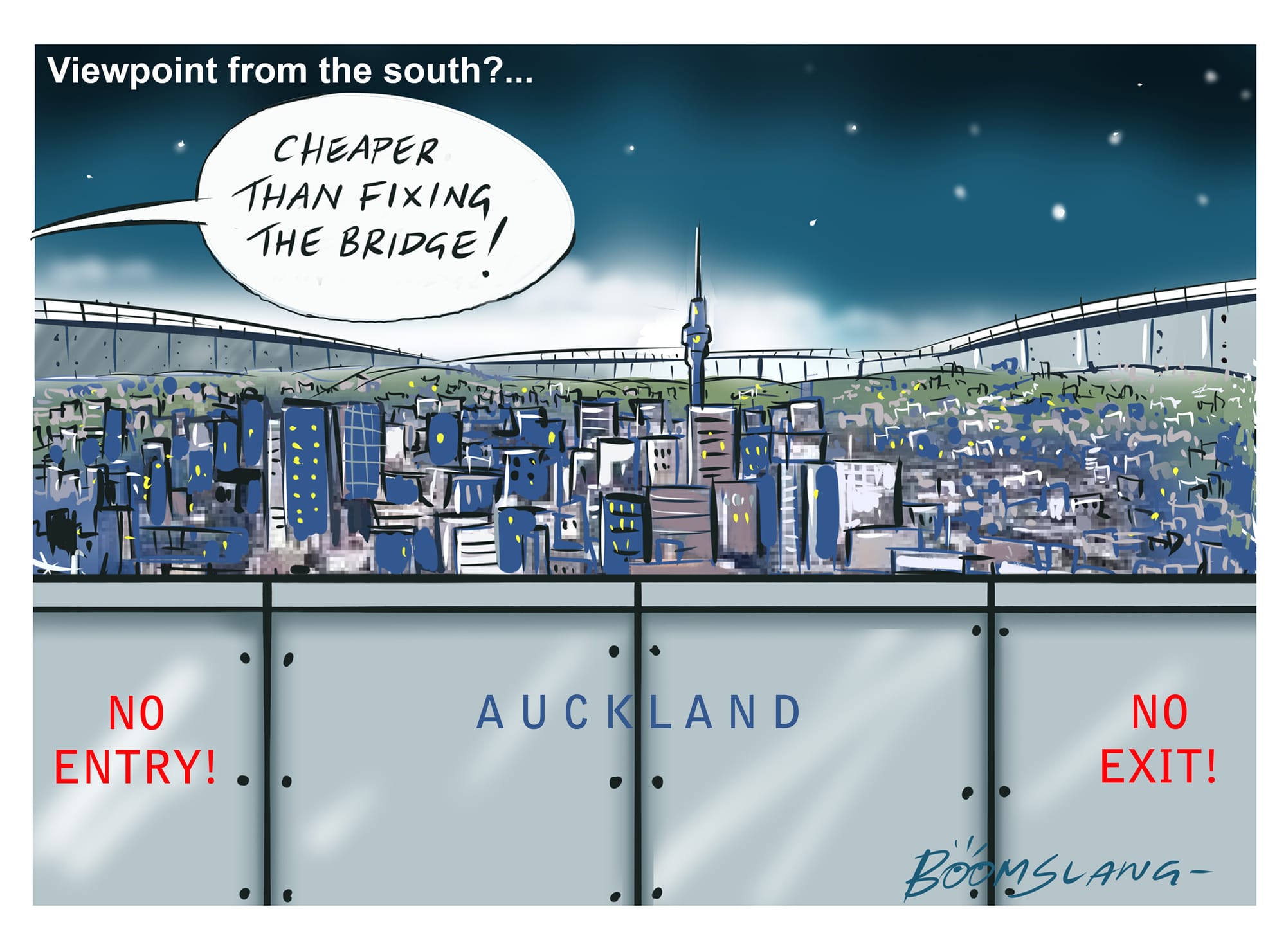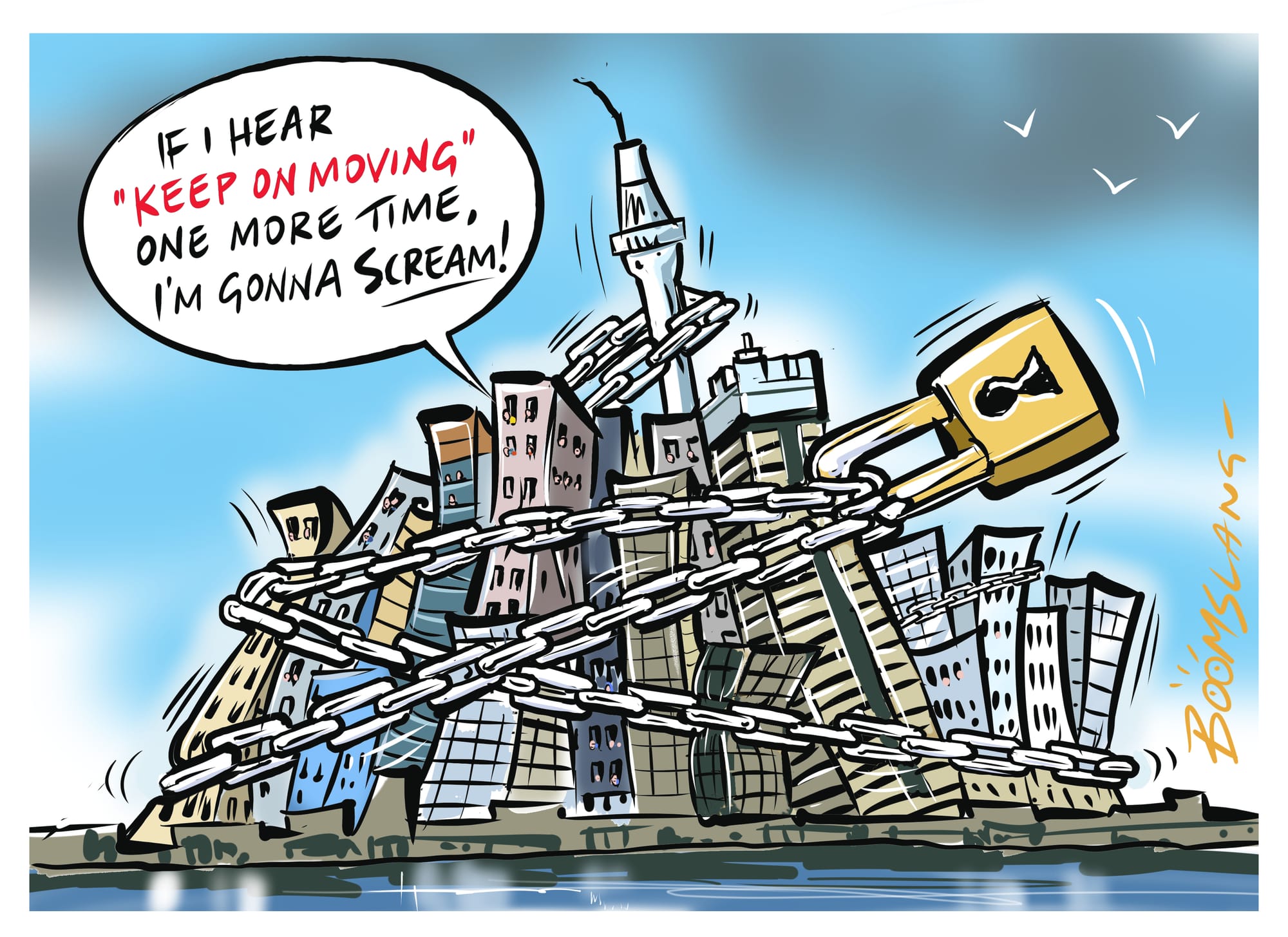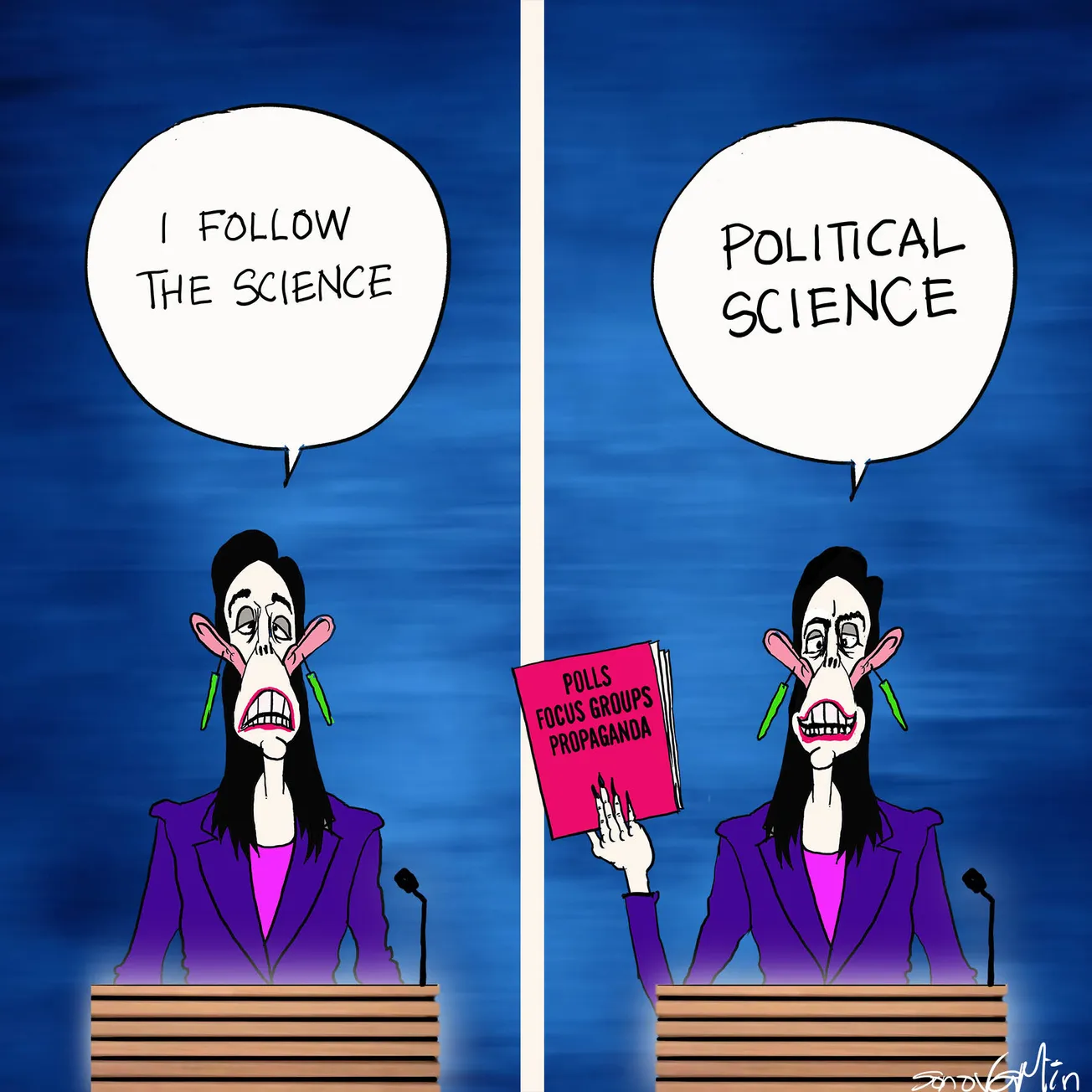Table of Contents
The term ‘following the science’ that we have often heard through the Covid-19 situation has always bothered me in terms of policymaking. Are the decisions this government is making for its Covid-19 response based on politics or science?
Science is not a fixed position and adapts as more is known. The body of scientific knowledge, therefore, has continued to grow through the pandemic. Knowledge increases and science accommodates that, but where does policy fit?
Alex Stevens, School of Social Policy, Sociology and Social Research, the University of Kent, UK, says, “when science meets politics, it can be a case of the survival of the ideas that fit…there is not just one ‘scientific’ approach to dealing with Covid-19.” He notes the different approaches taken by New Zealand, Singapore, Hong Kong and Germany and says:
“these different approaches were informed by scientific findings, but they resulted from political decisions, not science.”
He continues:
“We are following the science’ is the claim UK Government Ministers have repeatedly made in justifying their decisions on how to deal with the Covid-19 pandemic. These decisions include when to begin and end stringent social distancing and whether to tell people to wear face masks. Ministers get this advice through a complex network of scientific advisory committees. But to rely on science as the determining influence on policy is to misunderstand what science is. And the process for organising knowledge for policy through advisory committee is political, as well as scientific.”
He concludes:
“As Einstein discussed with Karl Popper shortly before his death, science proceeds through a series of mistakes. So, when a government claims to be ‘following the science’ in response to a global pandemic, we need to treat this claim with caution. A provisional and contested set of statements about how the world is, cannot be used directly as a rule for what governments should do. Ministers have to decide for themselves. They must take responsibility for these decisions and their own inevitable mistakes, rather than relying on science as if it were an apolitical and indisputable tablet of stone.”
Sir Karl Popper (1902-1994) is regarded as one of the greatest philosophers of science of the twentieth century, and a social and political philosopher of considerable standing.
The notion that a government should be held responsible for its ‘inevitable mistakes’ is, it seems, a foreign concept to our PM. Despite a Covid-19 road that has been potholed with questionable decision-making, errors of judgement and arrogant grandstanding, she and her government maintain an ongoing belief that it is their way or the rutted highway.
We hear meaningless platitudes from the PM, “Be kind“, a woman who has not at any stage had to wonder how to feed the family or pay the gas bill. She has not had to sell her soul to survive. Others, thousands of others, have.
The failures of the vaccination rollout, the positions people are now placed in for simply daring to have their own opinion and to exercise their freedom of choice, as used to be theirs by right, are appalling.
Then behind the smokescreen of the pandemic, there are the underhand dealings with He Puapua, Three Waters, electoral reform and more. Did she think we wouldn’t notice, wouldn’t mind, we would be happy to have our rights and freedoms summarily dismissed?
Then there is the walled prison city of Auckland despite earlier assurances that the border will be open by Christmas. Well, here we go again and no, it won’t be.

Where is ‘the science’ in all of this? Is she following ‘the science’ to force Auckland into oblivion? On August 12 2020 Auckland was put into its first regional lockdown, where it remains today. Is there no movement of ‘the science’ to suggest that other options are available and that the social and economic damage far outweigh the health outcomes of C-19 at this time? Other health concerns have been consigned to the lets-ignore-them-and they’ll-go-away bin.


Cartoon credit BoomSlang. The BFD.
“it is probably not contentious to suggest that complex global challenges need science involved in the search for those solutions. But good science is just the first step. It is individuals, teams and communities who are the changemakers, and so good science needs to incorporate a clear and nuanced understanding of people.
The way we involve science in significant policy decisions and incorporate both technical knowledge along with understanding the wider impact on the communities affected, is really varied.”
We have seen a range of different responses to the global pandemic and involvement of science in policy decisions, from closing borders and restricting all movement of people, to more graded restrictions on household mixing, face mask policy, and the creation of exemptions for certain groups of people.”
Professor Ruth Morgan. bbc.com
In the article “rational policymaking during a pandemic“, the authors report:
“A great deal of attention has been paid to how policy makers have handled uncertainty in the Covid-19 response. Policymakers have been confronted with very different views on the potential outbreak scenarios stemming from divergent experts’ assessments of differing modelling predictions.
“In the face of such uncertainty, policy makers may respond by attempting to balance the alternative perspectives, or they may fully embrace one without a concern that this can vastly misrepresent our underlying knowledge base.
“This tendency to lock on to a single narrative – or more generally, the inability to handle uncertainty – may result in overlooking valuable insights from alternative sources, and thus, in misrepresenting the state of the Covid-19 outbreak, potentially leading to suboptimal decisions with possibly disastrous consequences.”
pnas.org
The vice-like grip of this Government on its policy and its lack of any alternative views, the mounting evidence from other countries looking at other perspectives, the almost daily revealing of ever-more confusing, incomprehensible mandates, rules, steps and stages and levels and requirements is soul-destroying and is certainly destroying more businesses every single day.
The effect on the collective consciousness of their lockdown/vaccination/segregation policies is like a bad dystopian offering on Netflix where we lead heartbroken, dehumanised and fearful lives. Not so imaginary, is it?

In the UK, Paul Atkinson writes, “The Government’s rhetoric about ‘following the science’ in responding to Covid-19, if taken at face value, shows a worrying misunderstanding of what science is and how it best supports policy. Using the ‘following the science’ rhetoric, however, was an abdication of the political responsibility for difficult decisions such as entering lockdown…”
Science, it seems, cannot weigh the effects of economic and social harms against the health benefits of a lockdown.
Paul Atkinson concludes, “The correct way of saying it is that the decisions are informed by science. They are not led by science.”
Keith Lynch asks us to understand why the proportion of fully vaccinated cases is increasing. Ashley Bloomfield commented, “but just to point out here, as you see in every country, and it is happening here, as you get high vaccination rates, an increasing proportion of cases will be people who have been fully vaccinated.”
What? There were charts and tables and wordy explanations, and something called statistical Simpson’s Paradox. So that’s all right then. We get vaccinated, we paradoxically get Covid-19. Makes perfect sense. It seems the science is not, after all, settled on this. And, as Professor Ruth Morgan said, “good science is just the first step.”









